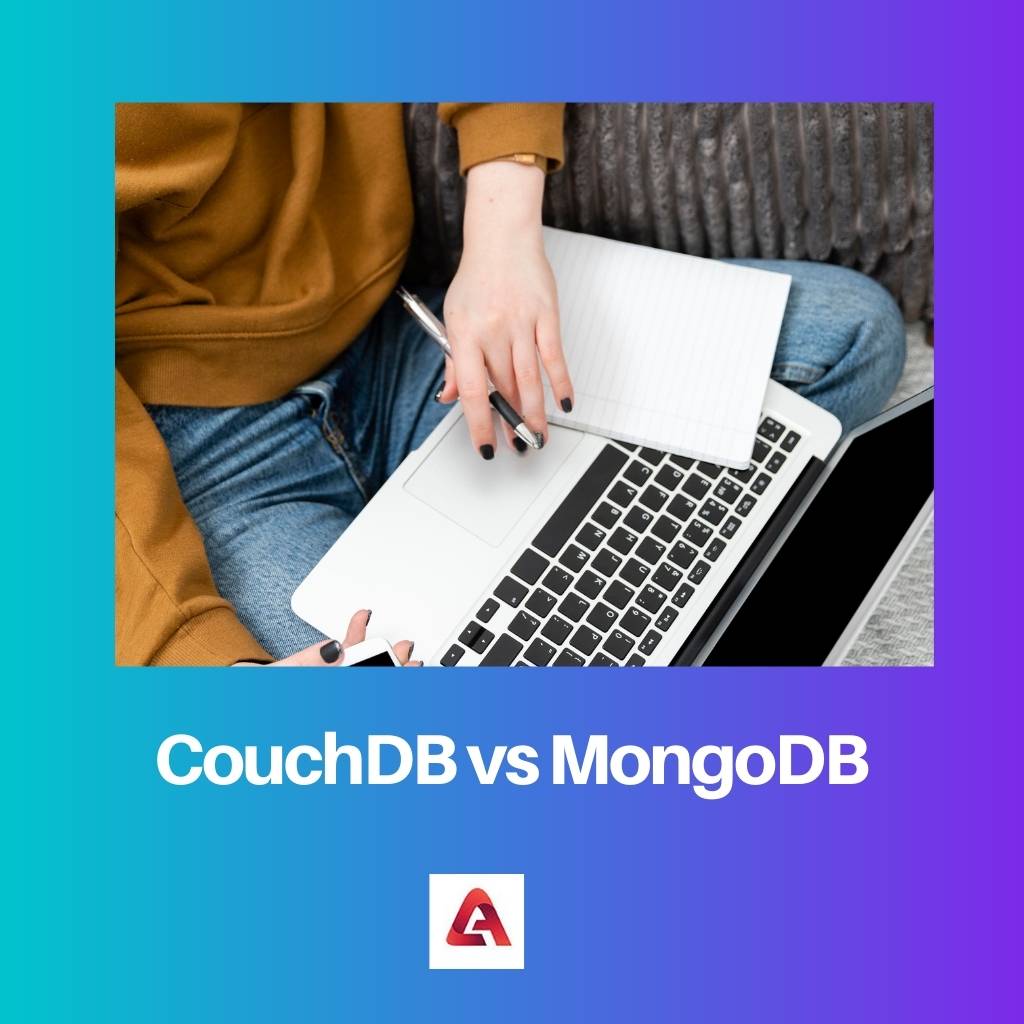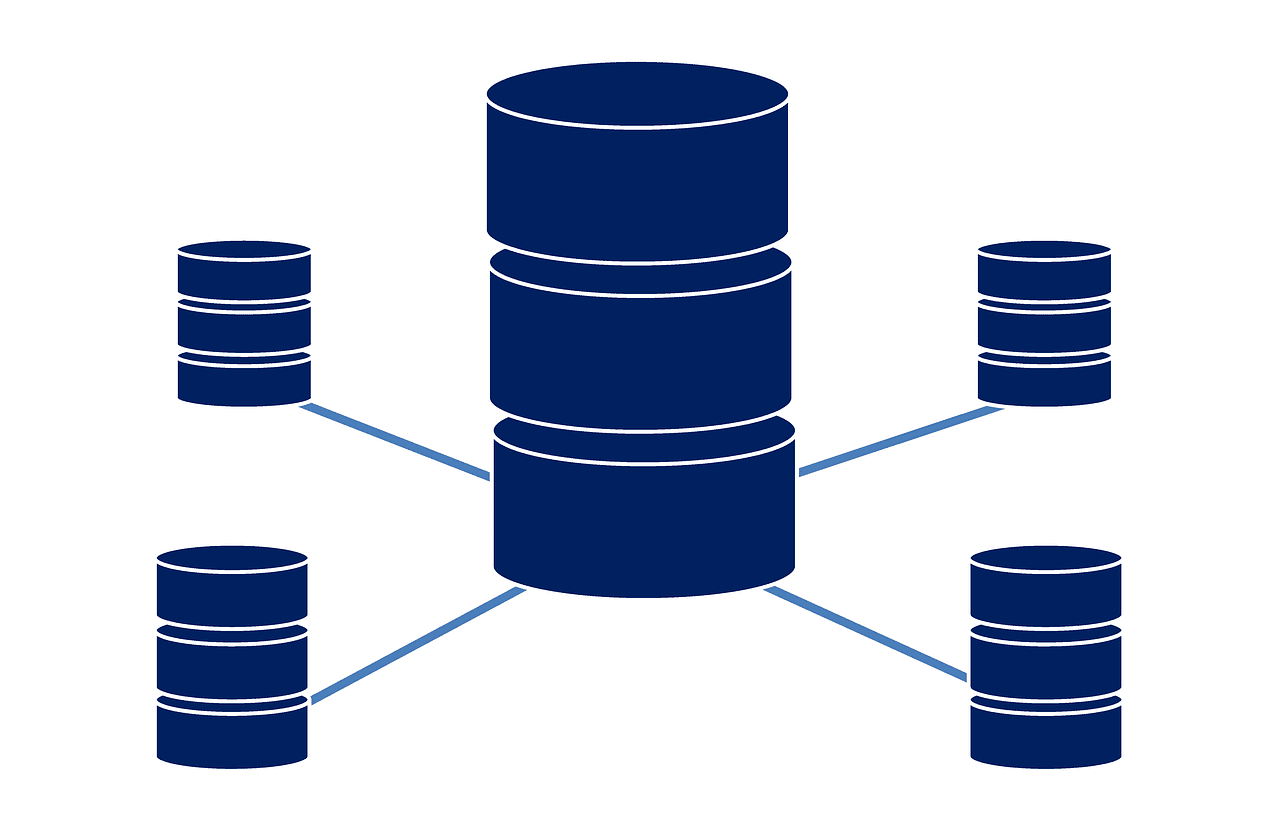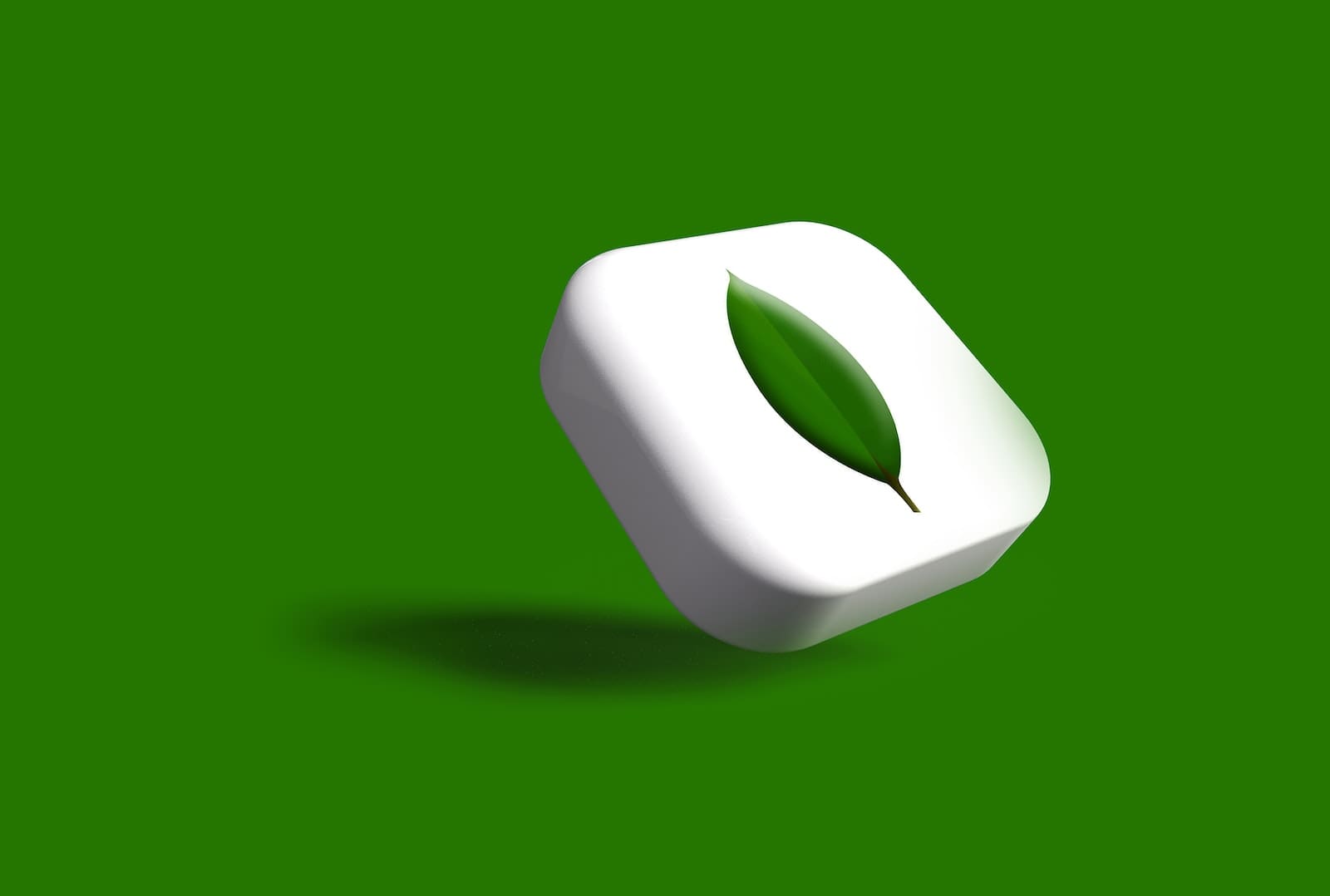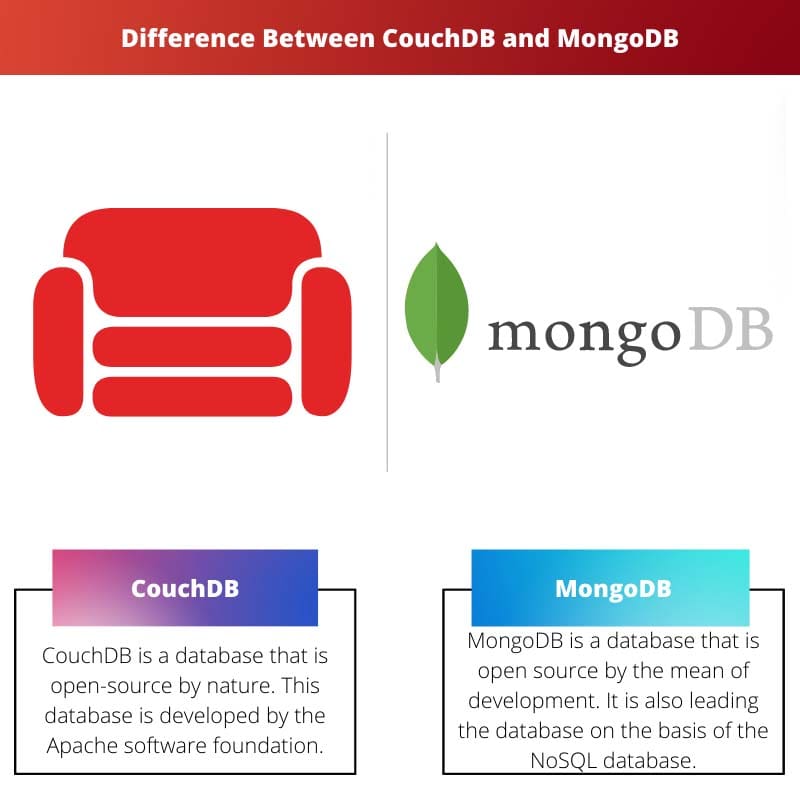In this whole new era of the computer world and technology ruling, everything has changed, and it keeps evolving with time.
Storage is used to refer to space where matter can be stored, matter means the thing which has mass and occupies space is changed with the storage for data which doesn’t ever have mass and definitely occupy space on storage devices like hard-drive.
Such like these spaces, some databases are there to store data for web platforms sites. All sites save data and use databases for storage, such as MongoDB and CouchDB.
Key Takeaways
- CouchDB uses a RESTful API for data manipulation; MongoDB employs a query language.
- CouchDB has built-in support for master-master replication; MongoDB supports master-slave replication.
- CouchDB is designed for single-node systems, scaling horizontally; MongoDB is better suited for multi-node systems, scaling vertically.
CouchDB vs MongoDB
CouchDB is an open-source NoSQL database that contains documents. It offers support for mobile devices that can be run on Apple iOS and Android. MongoDB is a non-relational document database that contains collections, and the collection contains documents. It has a faster reading speed.

CouchDB is a database that is open-source by nature. This database is developed by the Apache software foundation. The main motive of this is to make the use of databases easy and browser-friendly, embracing web technologies. It is a database based on a NoSQL document store.
MongoDB is a database that is open source by the mean of development. It is also leading the database on the basis of the NoSQL database. The code of MongoDB is written in C++.
MongoDB is known for being a highly scalable language, and it is oriented toward performance in the field of the database.
Comparison Table
| Parameters of Comparison | CouchDB | MongoDB |
|---|---|---|
| Schema storage | The data is stored in JSON format. | The data is stored in BSON format. |
| Language for development | The language used for the development of CouchDB is Erlang. | The language used for the development of Mongo dB is C++. |
| Support for NoSQL | No support is given to NoSQL. | Support is provided for NoSQL for the queries. |
| Type of storage | Documents are used in the CouchDB for storage. | Collections are used for the purpose of storage in MongoDB. |
| Method of Query | The method of the query used in CouchDB is a map or reduce type. | The object-oriented language of the query used in MongoDB is a map or reduce type. |
What is CouchDB?
CouchDB is a database that is open-source by nature. This database is developed by the Apache software foundation. The main motive of this is to make the use of databases easy and browser-friendly, embracing web technologies.
It is a database based on a NoSQL document store. It works in JSON for storing the documents, and queries are implemented in JavaScript for altering the documents. It was introduced to the world in the year 2005. Documents are used in the CouchDB for storage.
CouchDB was introduced as an Apache project in the year 2008. The structure of the data files is not a matter of concern because of the flexible document structures.
The other feature that is provided to the users of CouchDB is data mapping which enables the option and facilities of applying queries, combinations, and filtrations of the data and information.
CouchDB also provides features like it is easy replication for usage, which helps in copying, sharing, and synchronization of data in the middle of databases and many machines. Every database is a collection of many independent documents.
Every document is able to manage its data related to the document. It is also contained schema related to its own document. The language used for the development of CouchDB is Erlang. No support is given to NoSQL in CouchDB.

What is MongoDB?
MongoDB is a database that is open source by the mean of development. It is also leading the database on the basis of the NoSQL database. The code of MongoDB is written in C++.
MongoDB is known for being a highly scalable language, and it is oriented toward performance in the field of the database. The Mongo DB supports BSON-like document format on processing.
Mongo is developed under the guidance of MongoDB Inc. It is licensed in the Server-Side Public license surveillance, allowing it to work and complete its agendas.
The development of Mongo dB was started in the year 2007. In the year model of the project was converted into open-source software by the company. It was first known as 10gen, but after some time was changed to Mongo DB.
In the year 2017, mongo dB became a publicly traded company on the date of 17 October. The object-oriented language of the query used in CouchDB is a map or reduce type. Support is provided for NoSQL for the queries for MongoDB.
There are different servers available for MongoDB listed below:
- MongoDB Community Server
- MongoDB Enterprise Server
- MongoDB Atlas

Main Differences Between CouchDB and MongoDB
- The schema they use for storing the data. The data stored in the CouchDB is in JSON format, whereas the stored data found in the MongoDB is in the BSON format.
- The language used for the development of CouchDB is Erlang, whereas the language used for the development of Mongo dB is C++.
- No support is given to NoSQL in CouchDB, whereas Support is provided for NoSQL for the queries for MongoDB.
- Documents are used in CouchDB for storage, whereas Collections are used for the purpose of storage in MongoDB.
- The method of the query used in CouchDB is a map or reduce type, whereas the Object-oriented language of the query used in CouchDB is the map or reduce type.

- https://pubs.rsna.org/doi/abs/10.1148/rg.323115049
- https://ieeexplore.ieee.org/abstract/document/7158433/
- https://ieeexplore.ieee.org/abstract/document/6354766/

The article’s comparison of CouchDB and MongoDB is informative and well-presented, providing valuable insights into their respective features and suitability for diverse applications. It’s an excellent source for those interested in exploring database technologies.
Absolutely, the article’s comprehensive comparison of CouchDB and MongoDB delivers valuable knowledge about their characteristics and functionalities. It’s an exceptional read for individuals keen on database technology.
I couldn’t agree more. The article adeptly outlines the distinctions between CouchDB and MongoDB, offering a nuanced understanding of their applications. It’s a valuable piece for technology enthusiasts.
The article’s delineation of the features and design principles of CouchDB and MongoDB is comprehensive and well-organized. It offers valuable insights into the practical aspects of these databases and their use in different scenarios.
I share the sentiment – the article provides a detailed and structured examination of CouchDB and MongoDB, presenting essential information that is beneficial for developers and database administrators alike.
The descriptions of CouchDB and MongoDB are clear and precise. The article effectively communicates the fundamental characteristics of these databases, making it an excellent resource for anyone interested in their functionalities.
I agree, the article is well-written and presents the key aspects of CouchDB and MongoDB in a coherent manner. It’s a valuable source of information for database enthusiasts.
The article is quite comprehensive in outlining the differences and key features of both CouchDB and MongoDB. I appreciate the detailed comparison table, which makes it easier to understand the distinctions between the two databases.
I found the comparison table to be particularly helpful as it neatly summarizes the key differences between CouchDB and MongoDB. It’s a great resource for those seeking a quick comparison.
The explanations about CouchDB and MongoDB are insightful and well-structured. The article effectively conveys the differences between these databases and their respective features, which is crucial for understanding their applications.
I concur, the article offers a comprehensive comparison between CouchDB and MongoDB, and it does so in a manner that is both informative and accessible. It’s an excellent read for those delving into database technology.
The structured explanations in the article provide clarity on the distinctions between CouchDB and MongoDB, thus enabling readers to comprehend their unique functionalities. It’s a great resource for learning about these databases.
The article provides a detailed comparison of CouchDB and MongoDB, including their features, language used, and type of storage. It also explains what each of these databases is and their key features, which is very helpful for anyone looking to understand these technologies better.
I agree, the article is well-researched and informative. It provides a comprehensive overview of CouchDB and MongoDB, making it easier for readers to grasp the differences between the two.
The article sheds light on the architectural differences between CouchDB and MongoDB, especially in terms of their design and scalability. The comparison provides valuable insights into the suitability of these databases for different use cases.
Absolutely, the article does a great job of explaining how CouchDB and MongoDB differ in terms of their design and scalability. It’s beneficial for developers and database professionals.
The article serves as a valuable resource for distinguishing between CouchDB and MongoDB, offering in-depth insights into their functionalities and suitability for various applications. An excellent piece for those seeking to understand these databases better.
I couldn’t agree more. The article’s detailed comparison of CouchDB and MongoDB provides a thorough understanding of their differences and key features. It’s an informative piece for technology enthusiasts.
The comprehensive comparison offered in the article is enlightening and useful. It effectively highlights the distinctions between CouchDB and MongoDB, making it a valuable learning aid for individuals interested in both databases.
The article’s systematic comparison of CouchDB and MongoDB is a commendable effort. It provides a thorough analysis that contributes to a better understanding of the distinct functionalities of these databases. A very informative piece.
Indeed, the detailed exposition of the differences and characteristics of CouchDB and MongoDB is beneficial for those seeking to gain in-depth knowledge about these databases. It’s a noteworthy contribution to the field of database technology.
The article’s insightful comparison of CouchDB and MongoDB offers valuable information for understanding the key differences between these databases. It’s a significant asset for those interested in examining the database landscape.
I share the sentiment. The article’s detailed analysis of the features and uses of CouchDB and MongoDB enriches the understanding of these databases, making it an important resource for database enthusiasts.